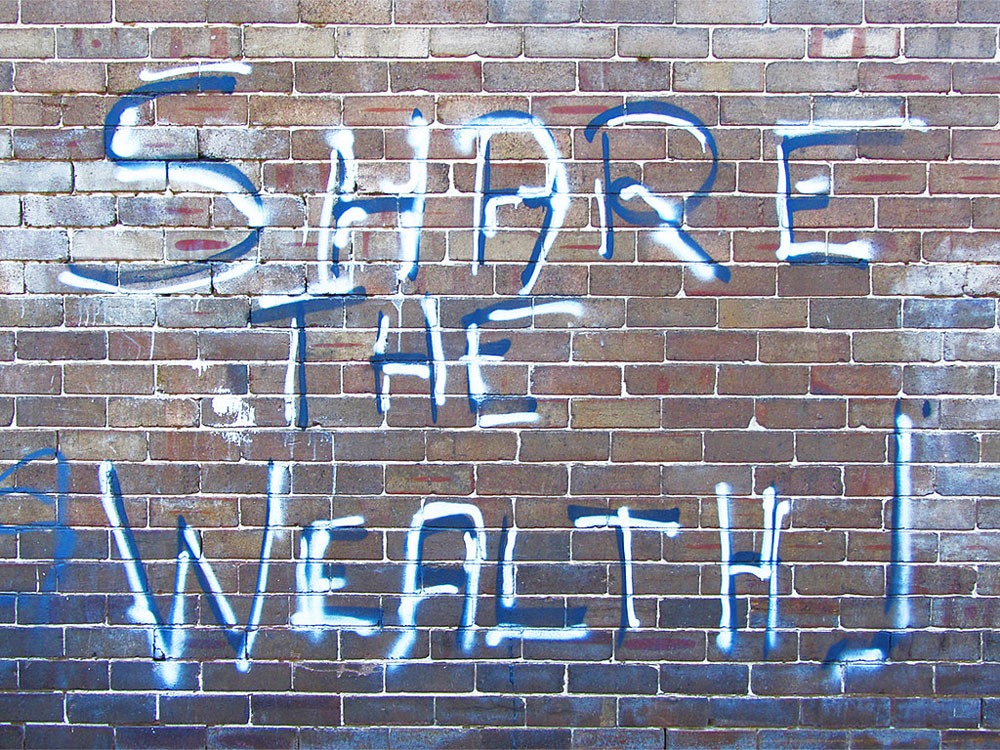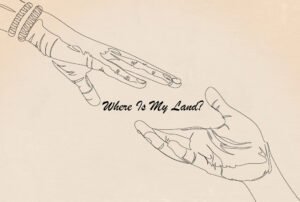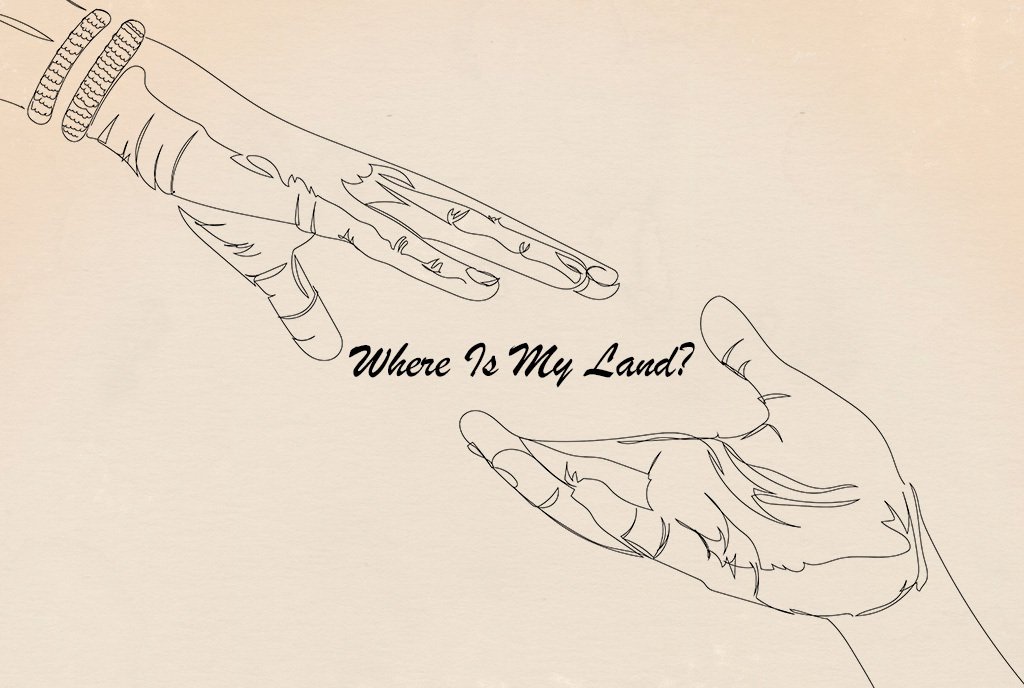
April 6, 2020; Dayton Daily News
Within the next few weeks, tax filers across the country are likely to see checks for up to $1,200 show up in their mailboxes or via direct deposit in their bank accounts. This is the federal “economic impact” payment, a one-time (for now) cash payment meant to counter the economic effects of the coronavirus pandemic on US residents. Many will welcome these funds, as individuals and families, suddenly without work and isolated in their homes, will be hard-pressed to pay rent and buy food. Others won’t be in as dire straits, as the pandemic won’t have caused extraordinary economic hardship relative to their lifestyle—and some, of course, make enough that they’ll receive nothing at all.
All of us, however, need to be urged to consider the needs of the whole of our communities. Joining Mayor Nan Whaley, Tom Maultsby, president and CEO of the United Way of the Greater Dayton Area, says residents who get these federal funds but don’t need the extra cash should consider donating to nonprofits providing vital services and relief during this emergency.
“The Miami Valley is one of the most philanthropic communities in the United States, and we believe it will continue to be just that and more,” says Maulstby.
Maulstby is concerned that if the past is any indication, charitable giving will see a drop-off, as it did in during the recession of 2007–2008. Still, while giving in general did fall off, human services and basic human needs saw an increase, filling in the gap to some extent. Thus, there is likely an openness to being asked, even among community members who are being financially cautious.
Sign up for our free newsletters
Subscribe to NPQ's newsletters to have our top stories delivered directly to your inbox.
By signing up, you agree to our privacy policy and terms of use, and to receive messages from NPQ and our partners.
The Greater Dayton United Way and the Dayton Foundation have partnered to form a response fund, as have many organizations in many cities. This COVID-19 Response Fund for Greater Dayton aims to provide grants to local nonprofits that provide emergency assistance.
But, even if all the Dayton residents who could afford to donate their economic impact payment to the nonprofit community did so, would it make a difference? Quite frankly, it would be a nice gesture, but a very small blip on the radar screen of need. The Urban Institute and Brookings Institution’s Tax Policy Center estimates that 90 percent of households will get some payment; not all will receive $1,200, and most who do not need the funds will receive much less. Their collective impact would be overshadowed if a multi-billionaire like Bill Gates or Jeff Bezos dipped into his store of wealth and made a sizable donation.
Perhaps Dayton is on to something, and all local leaders should be calling on their citizens to donate. With that, though, should come a caveat directed to the wealthiest among us, in our communities and our nation. Those moneyed citizens should be prepared to match those funds—and then some. And beyond simple “matching funds,” meeting the enormous challenges COVID-19 has created will take huge gifts without strings, directed to go where the need is greatest.
So, yes, let’s have those who don’t need these payments give them to those who do, but along with that, remind those who make more than enough that they have an obligation to give now and give generously. —Carole Levine












